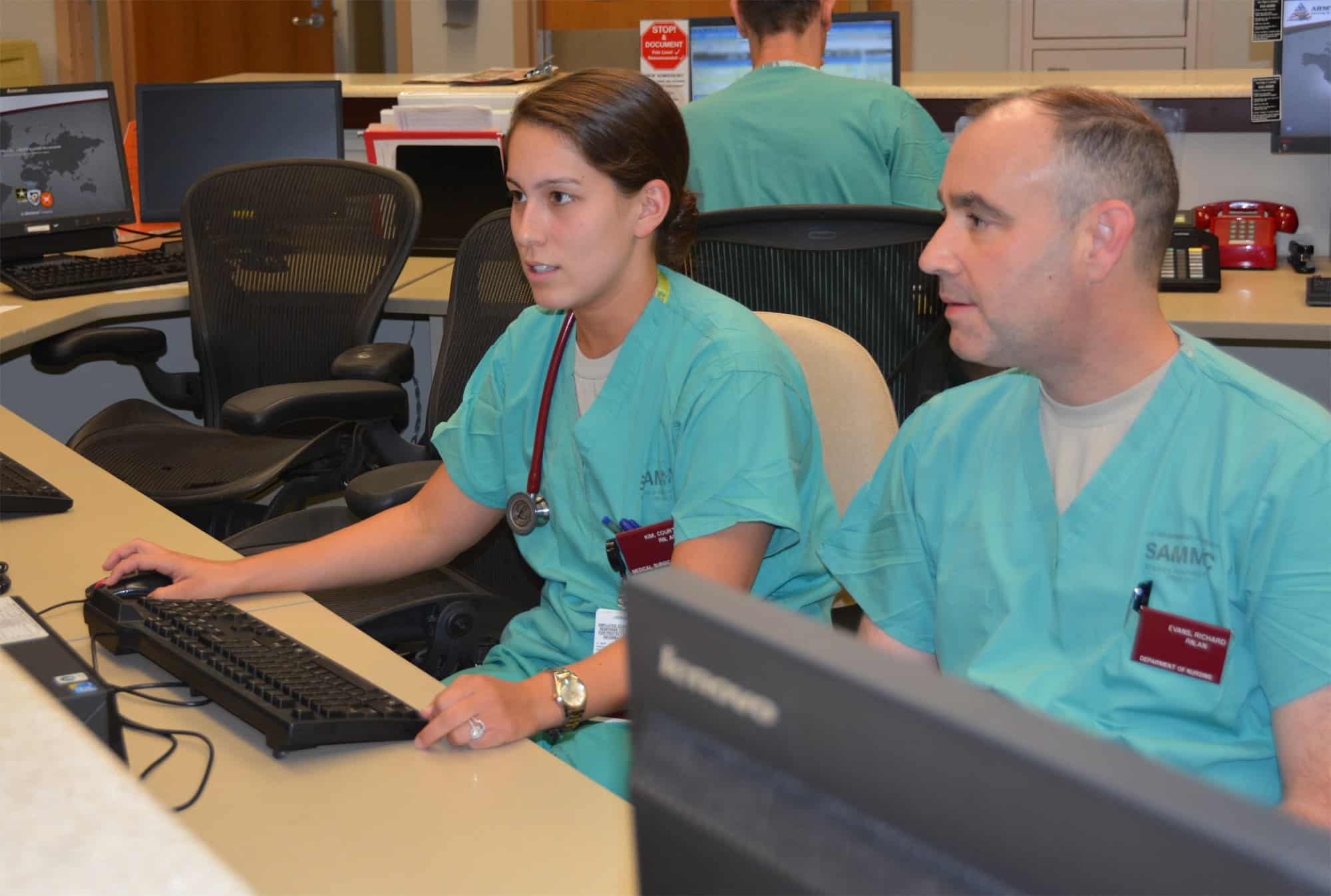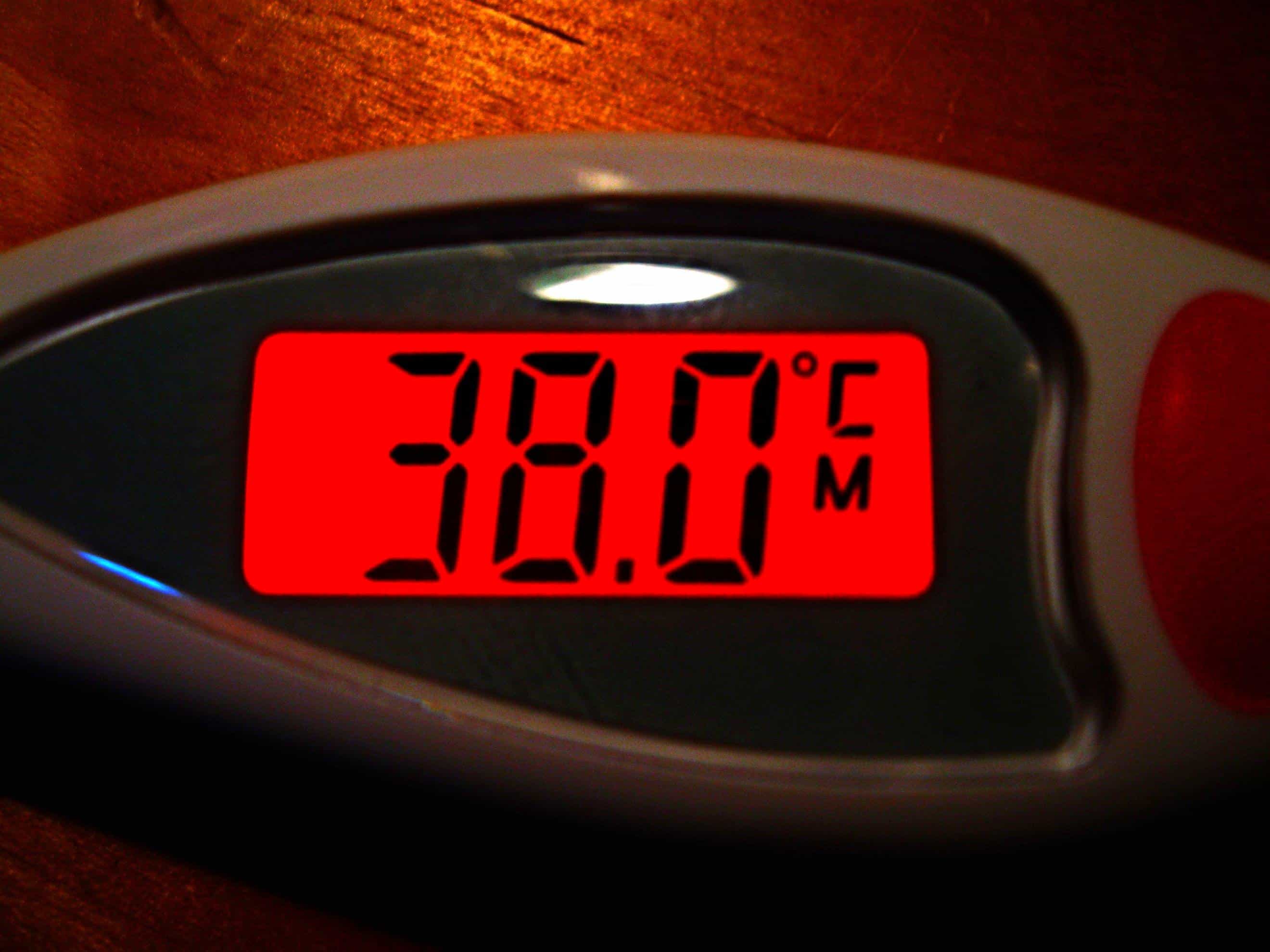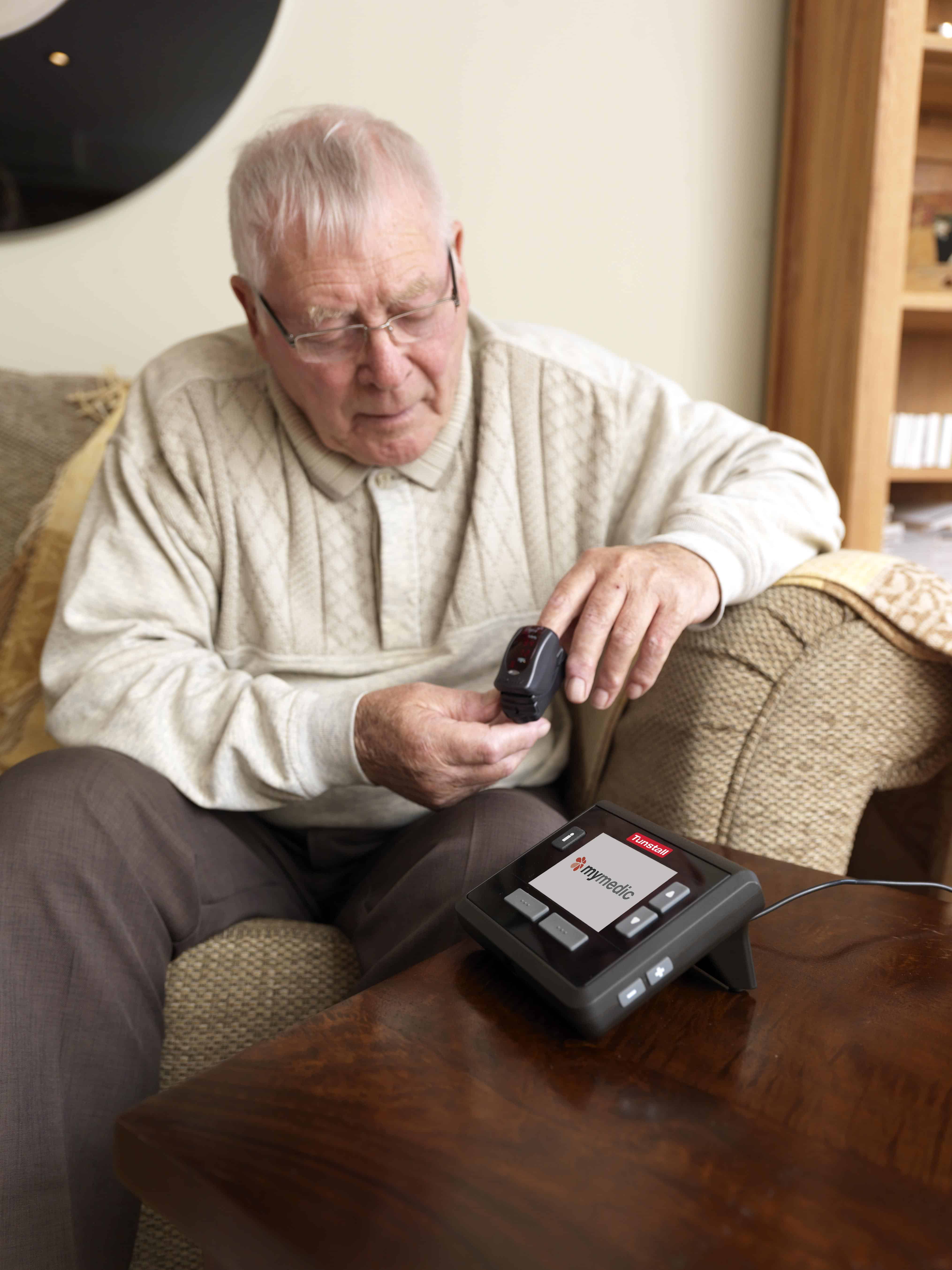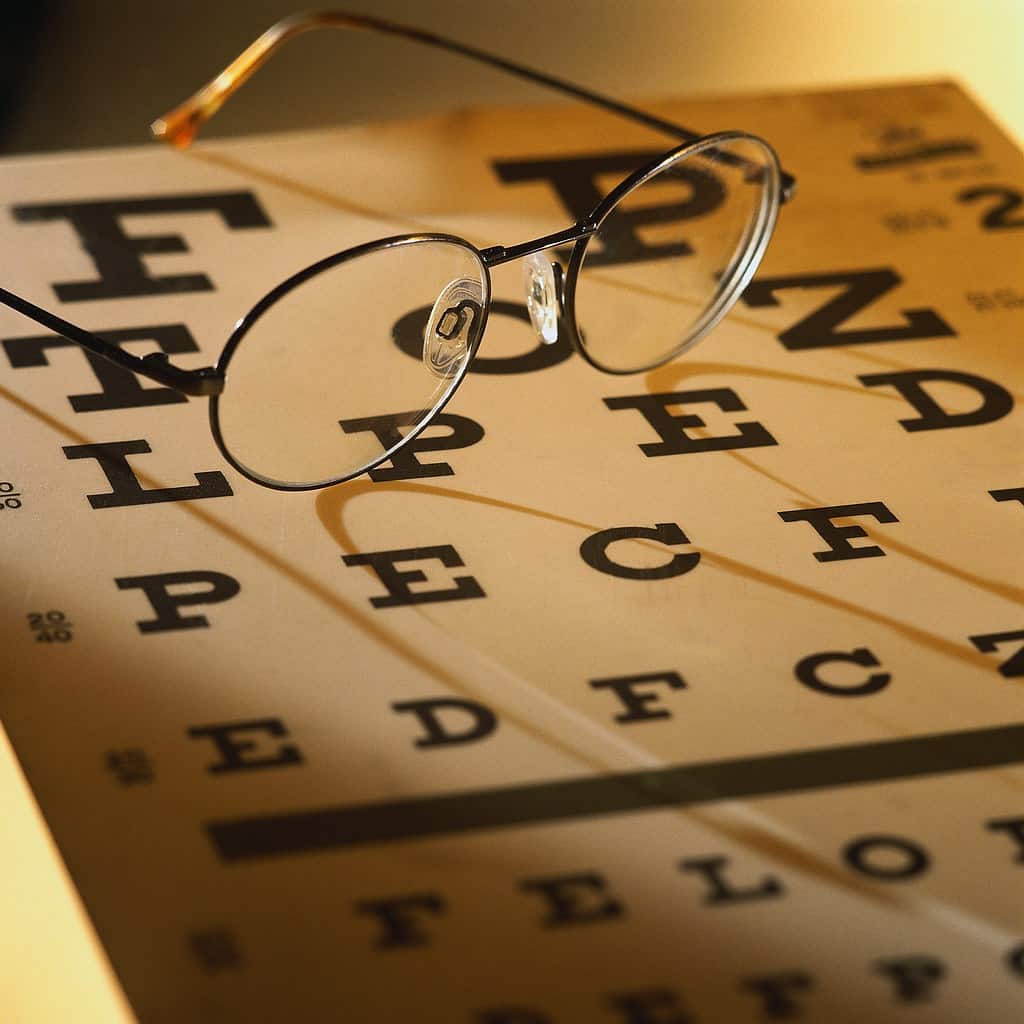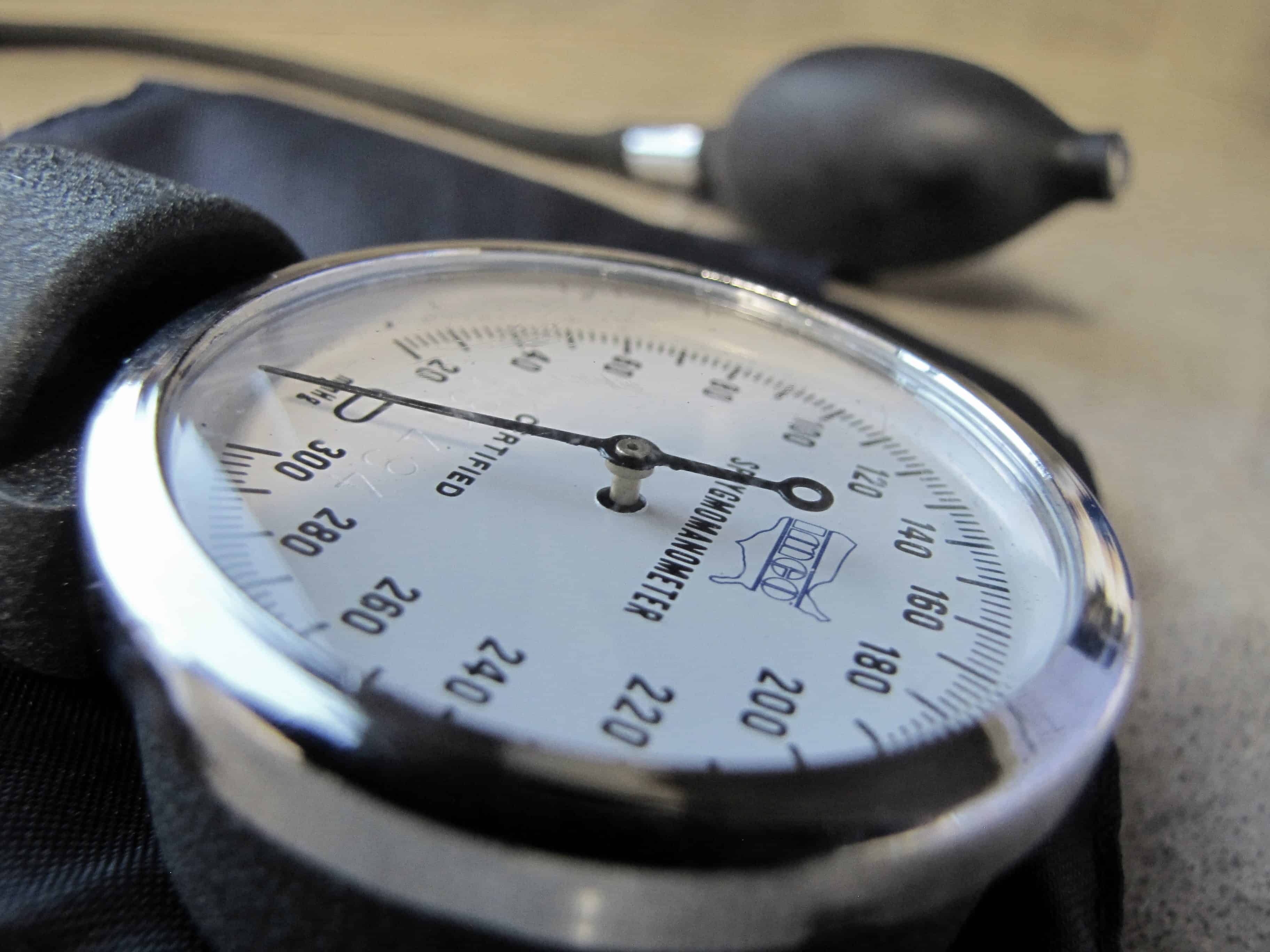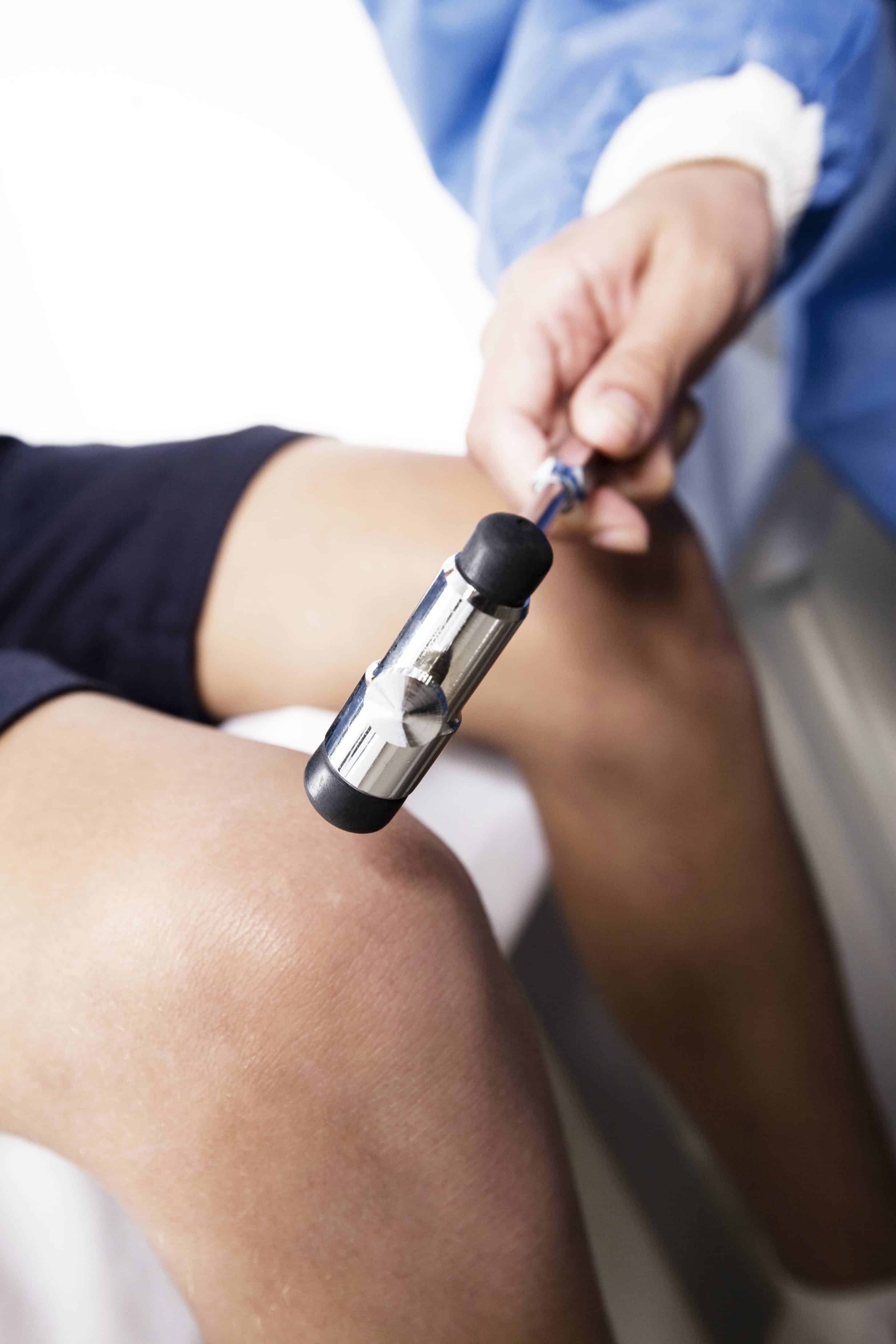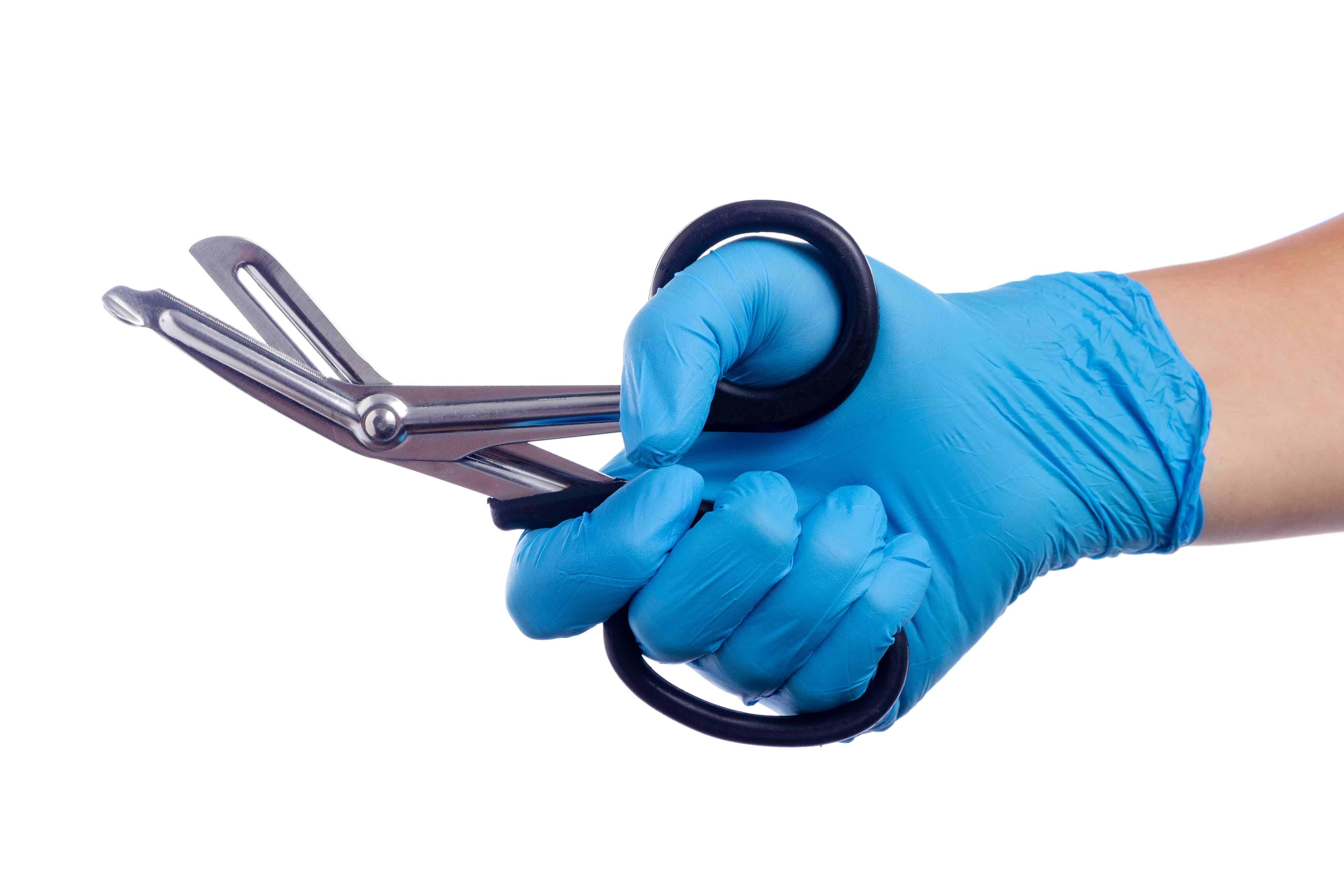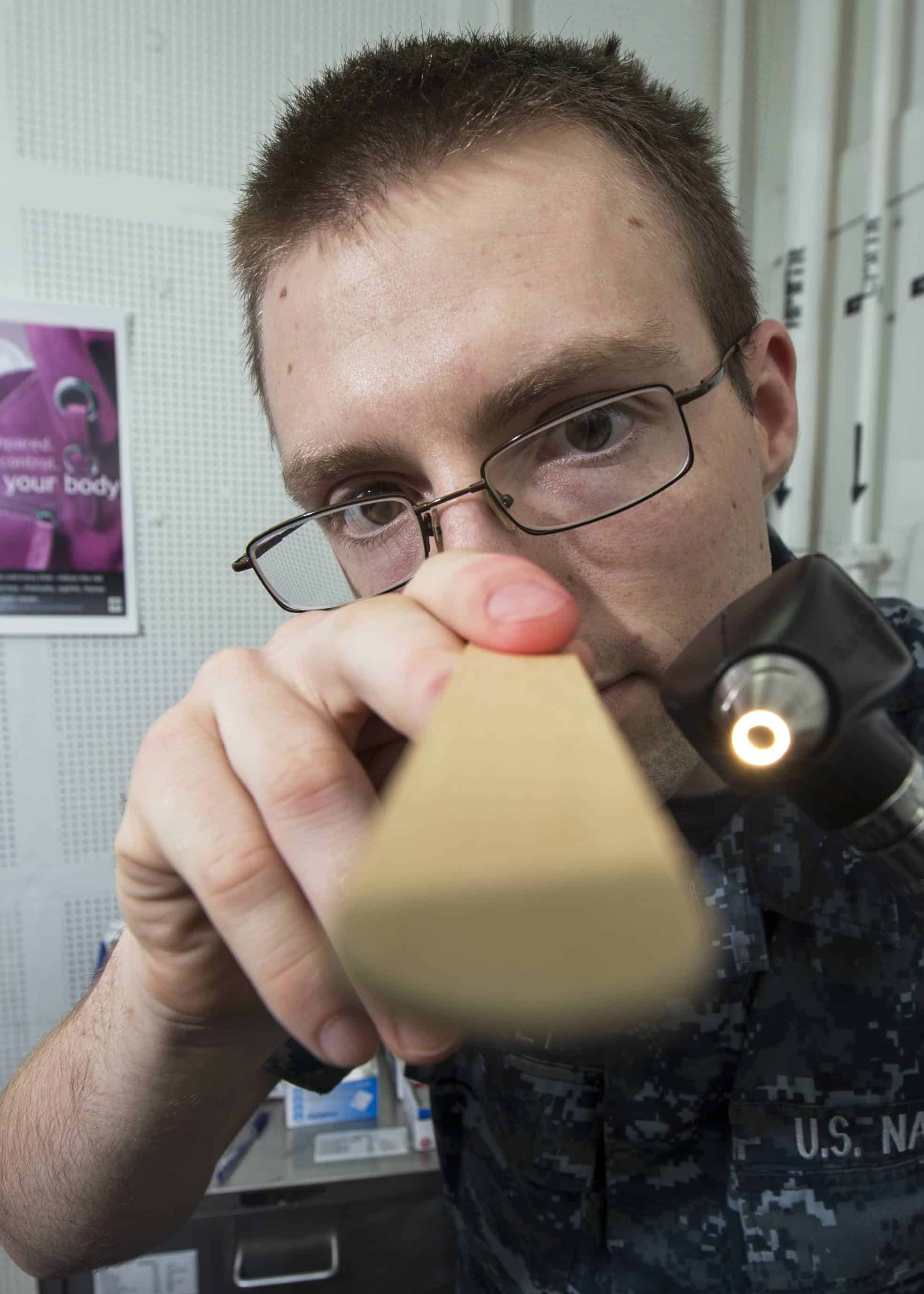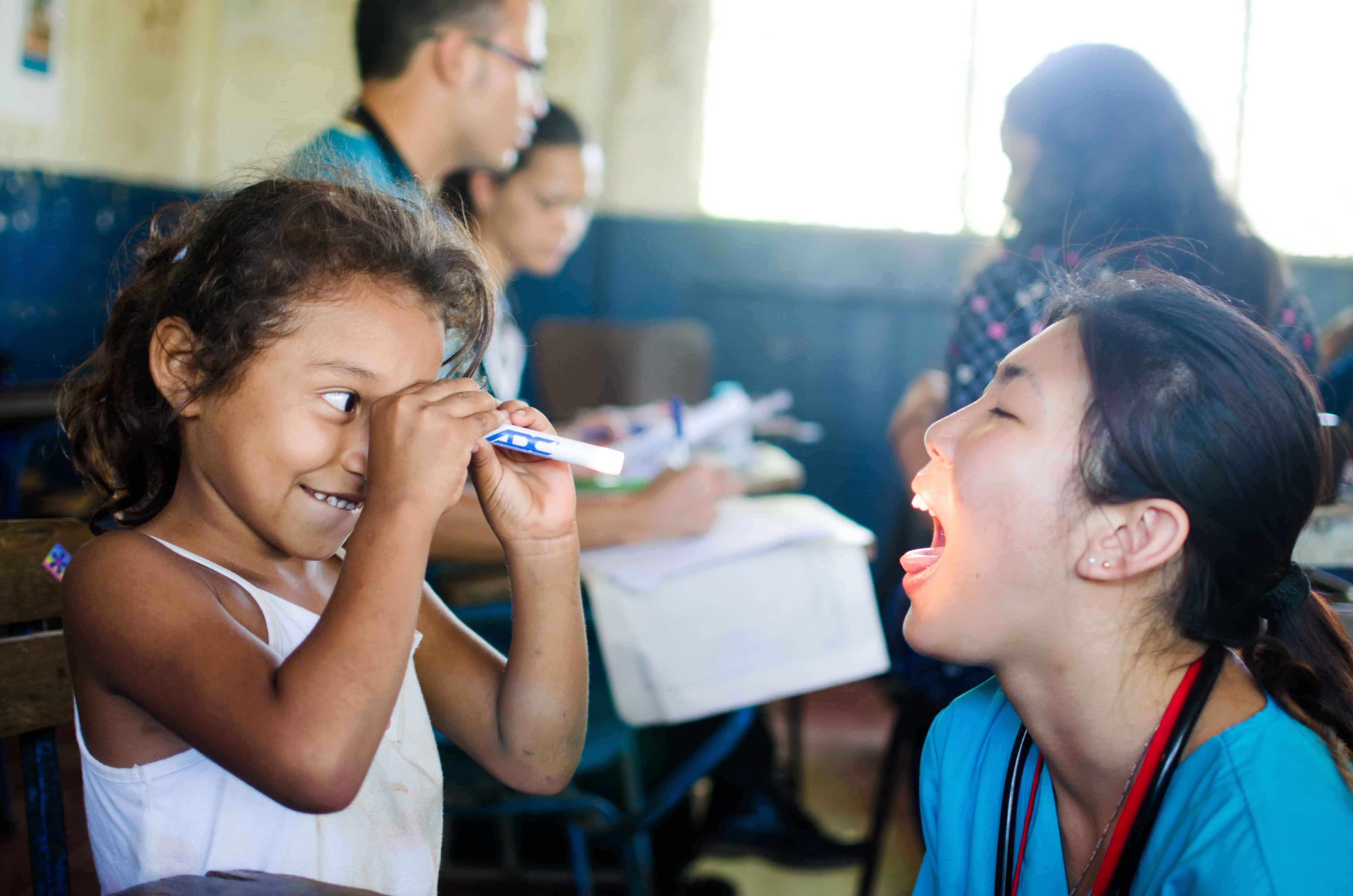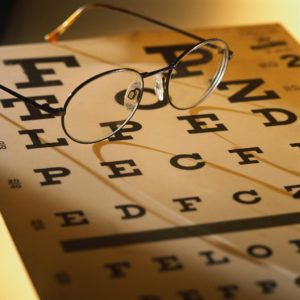
Source: Flickr.
Developed in the 1860s by Dutch eye doctor Hermann Snellen, the Snellen pocket eye chart is a classic example of how well a patient can see compared to other humans at a distance. When trying to test vision at a medical practice or in medical school, the pocket-sized chart can let you quickly see what may be going on with a patient’s vision. These charts are highly affordable, accurately test visual acuity, and let you determine if there is 20/20 vision in a room that isn’t 20 feet in length.
Check Your Vision with These Snellen Pocket Eye Charts
The size of your pocket eye chart will determine the actual distance required for testing. The smaller versions of these Snellen eye charts can be used at just 14 inches away. Larger versions cut down the testing distance to 6 feet. Which of these options is right for you?
| Picture | Name | Our Rating | Test Distance | Size Dimensions | Price |
|---|---|---|---|---|---|
 | EMI Snellen Pocket Eye Chart EC-PSN | 4.7 | 6 feet | 18.5x10 cm | $$ |
 | Prestige Medical 3909 Snellen Pocket Eye Chart | 4.2 | 6 feet | 4x7.2 inches | $ |
 | EMI Rosenbaum and Snellen Pocket Eye Charts | 5.0 | 6 feet | 18.5x10 cm | $$$ |
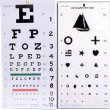 | EMI Kindergarten and Snellen Eye Charts | 4.7 | 20 feet | 22x11 inches | $$$ |
 | McCoy-Ultimate Rosenbaum/Snellen Eye Chart | 4.4 | 14 inches | 7.25x4 inches | $ |
| Picture | Name | Our Rating | Test Distance | Size Dimensions | Price |
How to Determine Snellen Eye Chart Results
In the United States, perfect vision is basically stated as having 20/20 vision. This means the normal lines of acuity can be read at the standard testing distance. Outside of the US, the distances are measured in meters instead of feet. This means the large wall charts are placed 6 meters away, so reading the normal lines of acuity would give someone 6/6 vision instead.
Reading the smaller lines under the normal acuity range can indicate 20/15 or 20/10 vision, or the equivalent of 6/3 vision. Just being able to read the top large letter on the Snellen eye chart is an indication of 20/200 or 6/60 vision. The only element that must be controlled is the actual distance of the test, which applies to the pocket tests. They must be administered at the exact distance in order to provide reliable results.
Problems with the Snellen Eye Chart
Although the best Snellen pocket eye charts are a fairly reliable method of testing vision, they are not perfect. This is particularly true for patients that may have a moderate myopia as part of their diagnosis. They may not be able to accurately read the largest letter on the chart without corrective glasses, which would make them legally blind. Yet they can readily read the 20/20 or 20/15 lines of the eye chart without glasses.
For this reason, a complete medical checkup is typically necessary before applying the results of the eye chart. It’s also why home testing may not necessarily be accurate. Although the eye chart cannot provide a medical diagnosis, it can indicate if further testing may be necessary, and that is how this pocket chart should be treated.
What Are the Prices of the Snellen Pocket Eye Charts?
Many of the pocket eye charts are available for $5 or less when shopping online today. You can often purchase sets of eye charts for multiple distance testing for $15 or less. It all depends on what size of chart you want and how many you want to have available to you at any given time.
The best Snellen pocket eye charts are designed to help determine how a person’s vision compares to the rest of the population. Although possibly imperfect, this is one of those affordable tools that really cannot be ignored.

